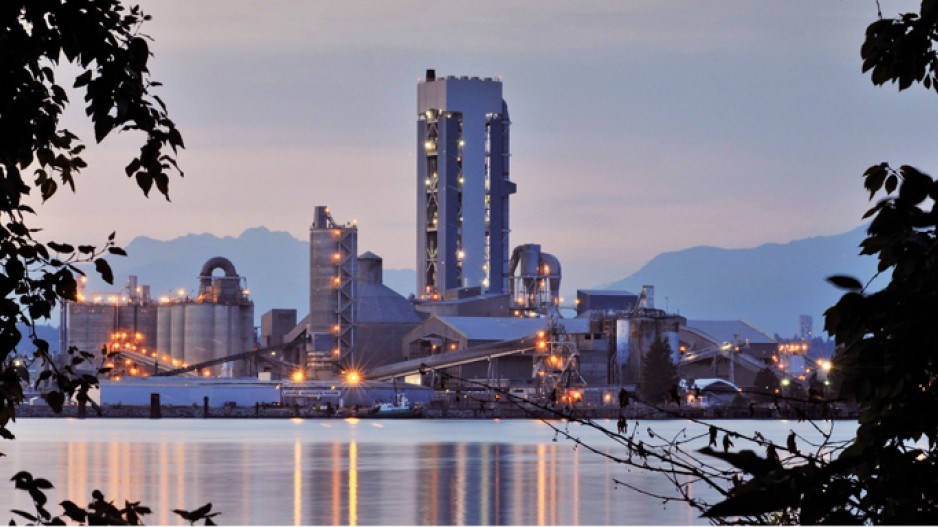Industries that took root in B.C. thanks in part to cheap electricity from hydro dams now fear rate hikes could put them out of business.
B.C.'s pulp and paper mills, chemical plants, cement plants and metal mines are ringing alarm bells over skyrocketing power prices. Hydro bills are going up 9% this year and will rise 28% over five years – increases the B.C. government says are needed to invest in new power infrastructure and pay off long-term debt.
Stakeholders in the energy-intensive pulp and paper industry – Catalyst Paper Corp. (TSX:CYT) alone consumes 6% of B.C.'s electricity – say electrical rate hikes will be the final nail in the coffin of a sector already suffering from a shrinking customer base. Paper mills like the ones Catalyst operates in Crofton, Powell River and Port Alberni have been hard hit in recent years by the digital-age decline in demand for paper and newsprint. In 2012, the company, under creditor protection, was forced to sell off assets and restructure.
“Catalyst very narrowly escaped bankruptcy, and these increases, as they stand, are more than they can tolerate,” said Richard Stout, executive director for the Association of Major Power Producers. “Basically, we have some members that are struggling to survive and, unless they see some relief from this, probably will go out of business. That's how serious it is.”
In a typical mechanical pulp mill, electricity accounts for about 30% of operating costs.
“Energy's a significant cost to Catalyst, and any major strategic move that may increase rates is a concern,” Catalyst said in a prepared statement to Business in Vancouver, adding it is encouraged by talks with BC Hydro and the B.C. government about “potential solutions.”
B.C.'s chemical industry is also vulnerable to power price hikes. Erco Worldwide, for example, has chemical plants across Canada, including one in North Vancouver that makes sodium chlorate for pulp mills. Electricity accounts for 70% of the plant's operating costs. By 2018, the company's power bill will have risen by 50% since 2011.
“If that's not straightened out, by 2016 or 2017, we could be in a serious position,” said Erco Worldwide president Paul Timmons.
Inexpensive power used to be one of B.C.'s competitive advantages, but Timmons said that's no longer the case.
“It's putting us at risk of either having to shut down or severely curtail our operations.”
Timmons added he doesn't understand why rates are rising so dramatically in B.C., when the province reportedly has a surplus of capacity.
Energy and Mines Minister Bill Bennett said the rate hikes are a result of the catching up BC Hydro has had to do in maintaining and upgrading transmission lines, dams and other major infrastructure.
“We went through a long period of time, starting in the late '80s, when governments stopped investing in infrastructure, and we find ourselves now in a period of time where, if we don't invest in our infrastructure, we are not going to have the reliable electricity system that we've got.”
Pascal Bouchard, plant manager for the Lafarge cement plant in Richmond, said his company's power bill will rise by about $2.5 million over five years. When combined with the carbon tax – which will cost the Richmond plant $6 million this year alone – the rate hikes will make it increasingly hard to compete with imports of cement from the U.S. and Asia.
“We're concerned about our competitiveness with the importers that are facing different conditions,” Bouchard said.
The mining industry is also concerned about BC Hydro rates, which represent 10% to 12% of a typical metal mine's operating costs. Costs have jumped $3 million in just two years for the average metal mine in B.C., according to the Mining Association of BC.
Bennett said his government has been discussing ways to mitigate power price hikes for industry, including $1.6 billion in financial incentives in the BC Hydro budget over 10 years to help industry adopt more energy-efficient technology.
The government is also considering load-shaping policies, such as charging less for power used in off-peak hours to help offset the rate hikes. Bennett said the new policies should be ready for 2015.




